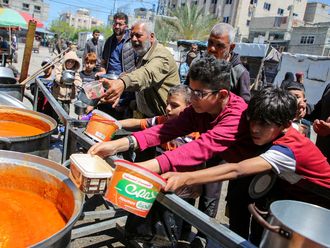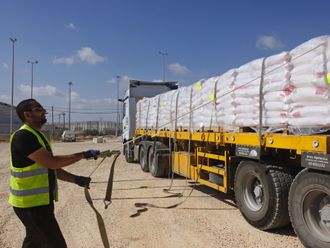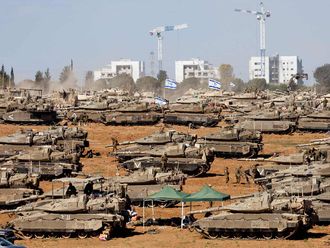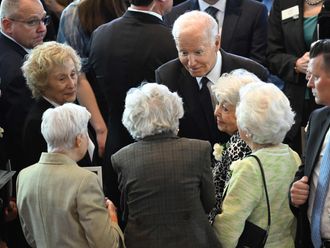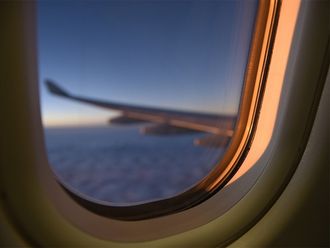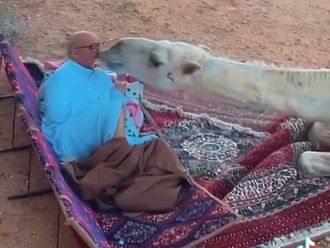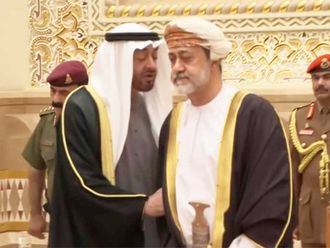Cairo: While the Brotherhood is taking the brunt of the hatred, some see them as just the first target in a wider campaign to crush opposition that might be abetted by a restoration of the Mubarak-era Emergency Law, which was used to stifle political dissent for decades.
“Now they are using the war-on-terrorism card in order to more or less cement the counterrevolution,” says Hussam Al Hamalawy, a member of the far-left Revolutionary Socialists.
“This emergency law is not going to be just against Islamists — also trade unions, leftists, human rights activists, against anyone later who will raise the banner of dissent against the government.”
Even the Tamarod (“rebel”) movement that gathered 22 million signatures calling for early presidential elections, which led to the massive protests that ended in the coup, called Interior Minister Ebrahim’s comments on Saturday “unacceptable” and a contradiction of the 2011 revolution. Among other things, Ebrahim announced that state-security departments in charge of monitoring political and religious activity, which had been closed after the 2011 revolution, had been reinstated, reported the English language version of the government-owned Al Ahram newspaper.
For at least some young revolutionaries who swelled Tahrir Square to oust Mubarak in 2011, only to see the interim military government (Scaf) detain and kill protesters in the tense months that followed, the public embrace of the army is at best strange. “They killed us before; how can we trust them again?” asks Eve Radwan, an artist and video editor. On the other hand she understands why many people blame the Muslim Brotherhood for heavy-handed rule and responsibility for more recent violent protests, including in Port Said this winter. “Muslim Brotherhood actions made people cold-blooded. They don’t care about the Muslim Brotherhood anymore.”


